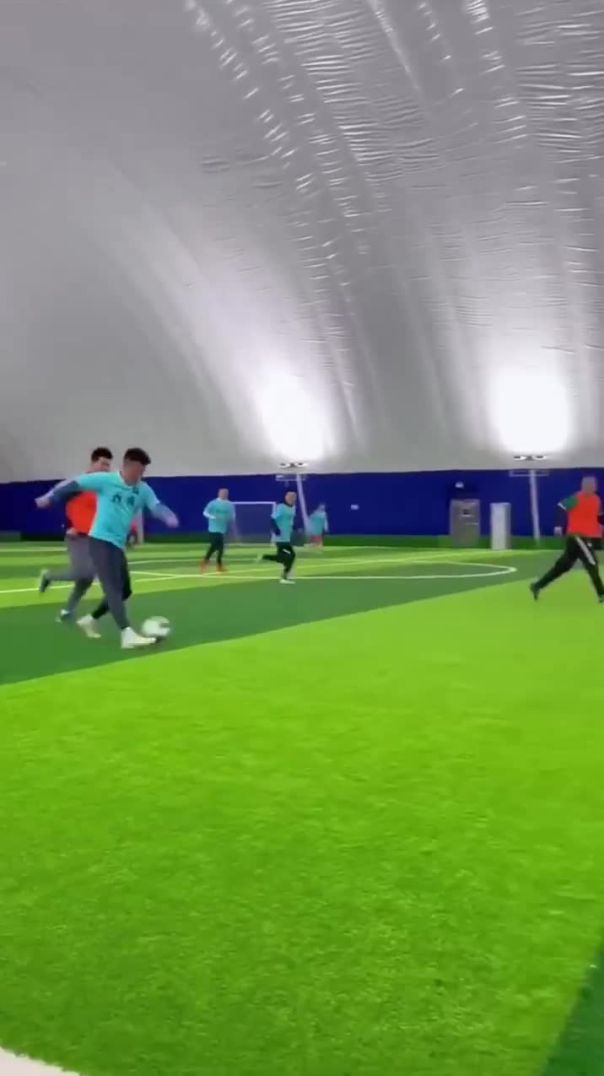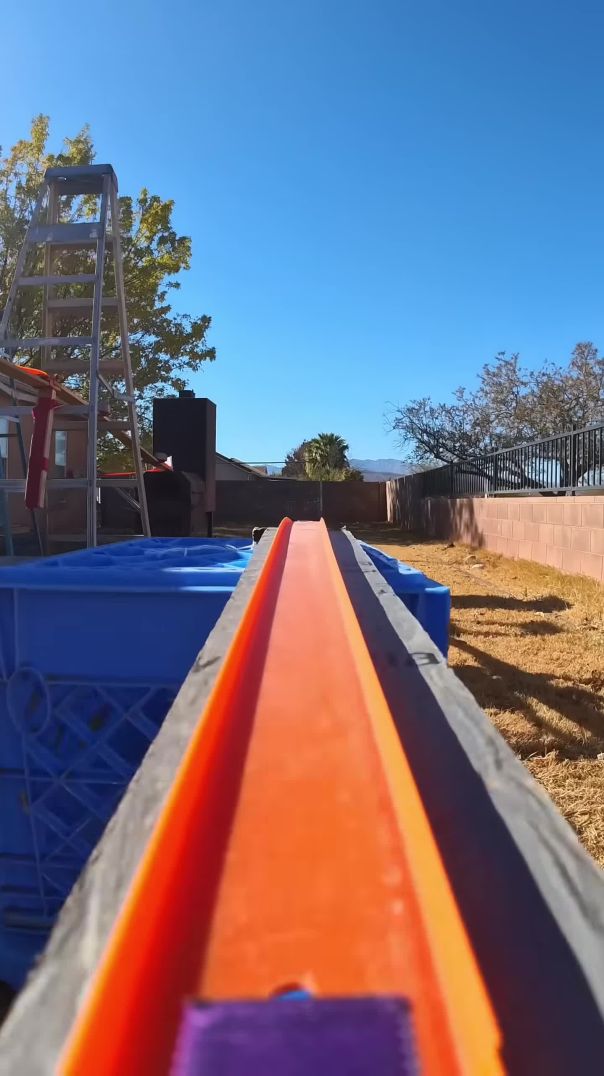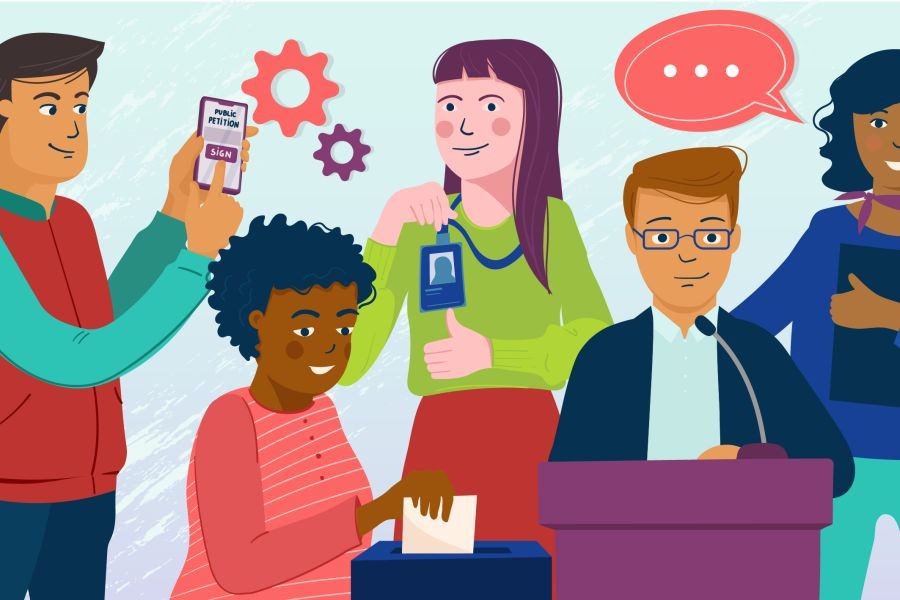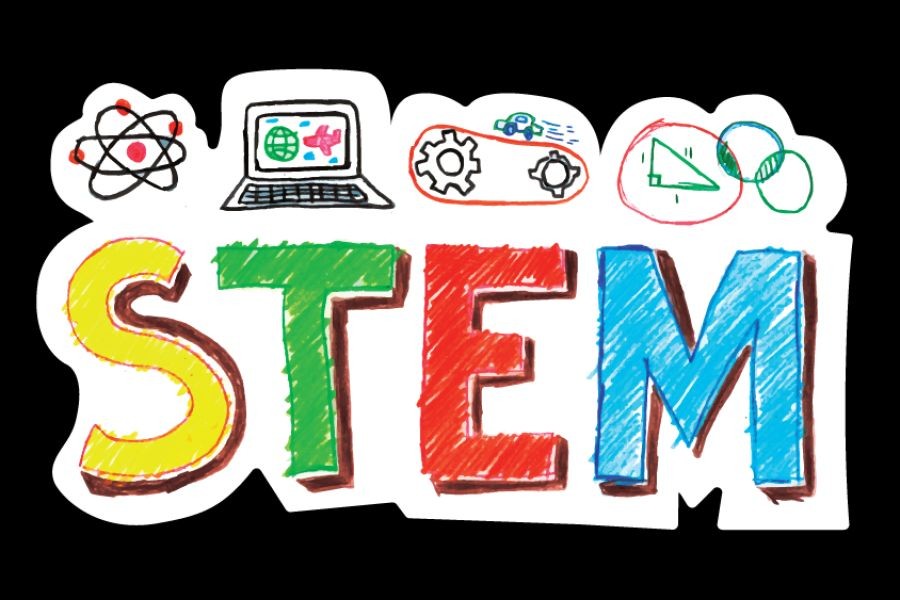In New Zealand, the landscape of public education is rich with opportunities, yet it can be challenging for parents to navigate in meeting their child's unique needs. Understanding how to collaborate effectively with New Zealand's public schools is vital for ensuring your child receives the best educational experience possible. This article delves into the strategies and considerations for working with schools to tailor education to your child’s needs, drawing on local data and case studies to provide practical insights.
Understanding New Zealand's Public School System
New Zealand's public school system is renowned for its commitment to providing equitable education for all students. Managed by the Ministry of Education, these schools operate under a framework designed to cater to diverse learning requirements. However, the one-size-fits-all approach can sometimes fall short, necessitating parental involvement to personalize the educational journey.
Pros of Working with Public Schools
- Diverse Educational Offerings: New Zealand’s public schools offer a wide range of subjects and extracurricular activities, fostering a well-rounded education.
- Community Integration: As community centers, schools provide social and cultural events that enrich student experiences.
- Access to Resources: Public schools often have better access to government resources, including specialized staff and educational tools.
Cons of Working with Public Schools
- Resource Limitations: Despite government funding, some schools may face challenges in accessing the latest technology or specialized programs.
- Standardized Curriculum: The national curriculum may not always accommodate individual learning styles or needs.
- Large Class Sizes: High student-to-teacher ratios can limit personalized attention for each student.
Navigating the Educational Framework
To effectively work with public schools, it’s essential to understand the educational framework in place. The National Education and Learning Priorities (NELP) set by the Ministry of Education outline goals that schools must achieve. These include providing inclusive education and supporting students with diverse needs.
Engaging with Teachers and Administrators
Effective communication with school staff is crucial. Regularly scheduled meetings with teachers can provide insights into your child's progress and areas needing attention. Additionally, being involved in parent-teacher associations can offer a platform to voice concerns or suggestions.
Utilizing Individual Education Plans (IEPs)
For children requiring additional support, an Individual Education Plan (IEP) can be an invaluable tool. IEPs are collaborative documents developed by teachers, parents, and specialists, outlining specific learning goals and strategies tailored to the student's needs.
Case Study: Tailoring Education for Success
Consider the case of a Wellington-based family whose child, diagnosed with dyslexia, was struggling in a mainstream classroom. By collaborating with the school, they developed an IEP that included specialized teaching methods and resources. This approach resulted in a marked improvement in the child's reading and writing skills, demonstrating the effectiveness of personalized education plans.
Challenges and Solutions
Overcoming Bureaucratic Hurdles
Working with public schools can sometimes involve navigating bureaucratic processes. Persistence and a clear understanding of your rights and the school's obligations can help overcome these challenges.
Advocating for Your Child
Parents must advocate for their child’s needs, ensuring that their voice is heard in school decisions. This can involve liaising with educational psychologists or utilizing community resources to support your child’s learning journey.
Future Trends in New Zealand Education
Looking forward, New Zealand’s educational landscape is set to evolve with increased digital integration and personalized learning approaches. According to a 2023 report by the Ministry of Business, Innovation, and Employment (MBIE), there is a growing trend towards using technology to tailor educational experiences, potentially revolutionizing how public schools operate within the next five years.
Common Myths & Mistakes
Myth: Public Schools Lack Support for Special Needs
Reality: New Zealand’s public schools are increasingly equipped with resources and trained staff to support students with special needs, thanks to government initiatives and funding.
Myth: Private Tutoring is Always Necessary
Reality: While private tutoring can be beneficial, engaging with school-provided resources and support systems can be equally effective and more aligned with the school curriculum.
Final Takeaways
- Engage actively with your child’s school to understand available resources and support systems.
- Consider developing an IEP to address specific learning needs.
- Stay informed about educational trends to anticipate changes in the schooling environment.
In conclusion, working with New Zealand’s public schools to meet your child’s needs requires a proactive approach. By understanding the system, engaging with educators, and utilizing available resources, parents can ensure their child receives a tailored educational experience. What strategies have you found effective in engaging with schools? Share your experiences below!
People Also Ask (FAQ)
- How does the New Zealand public school system support special needs? The system offers resources such as specialized staff and Individual Education Plans to support diverse learning needs.
- What is an Individual Education Plan (IEP)? An IEP is a collaborative document that outlines specific learning goals and strategies for students requiring additional support.
- How can parents engage with schools? Regular communication with teachers and involvement in school activities can foster a collaborative environment for addressing a child’s needs.
Related Search Queries
- New Zealand public school resources
- Special needs education in NZ
- How to create an IEP in NZ
- Best practices for parent-teacher communication
- Future of education in New Zealand

































simamontano21
8 months ago